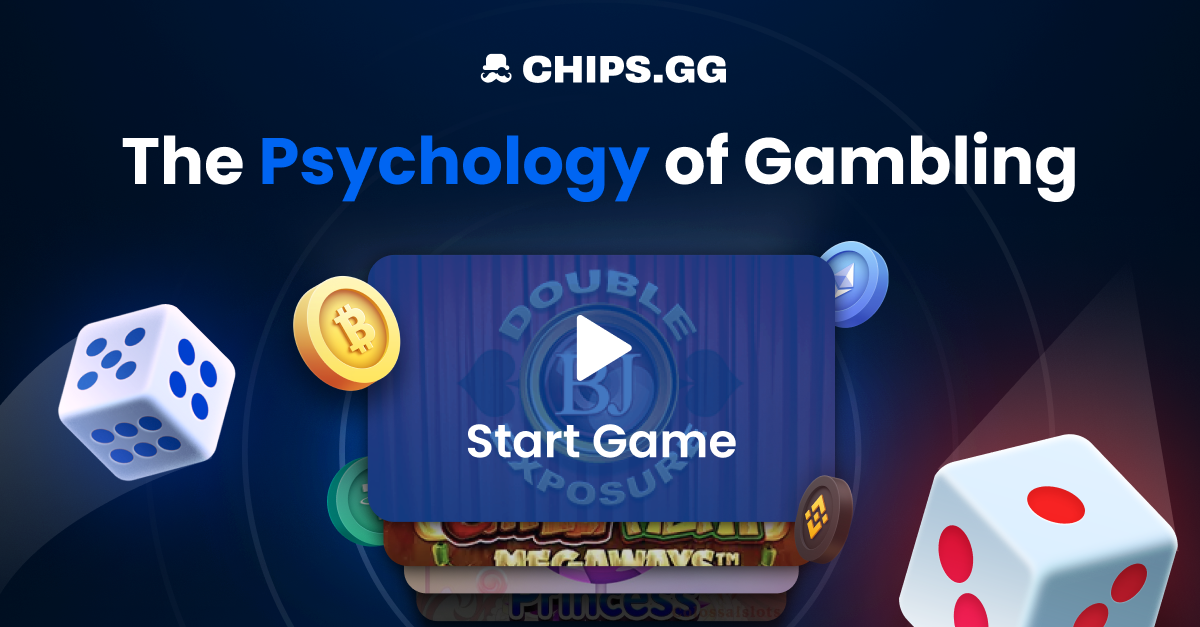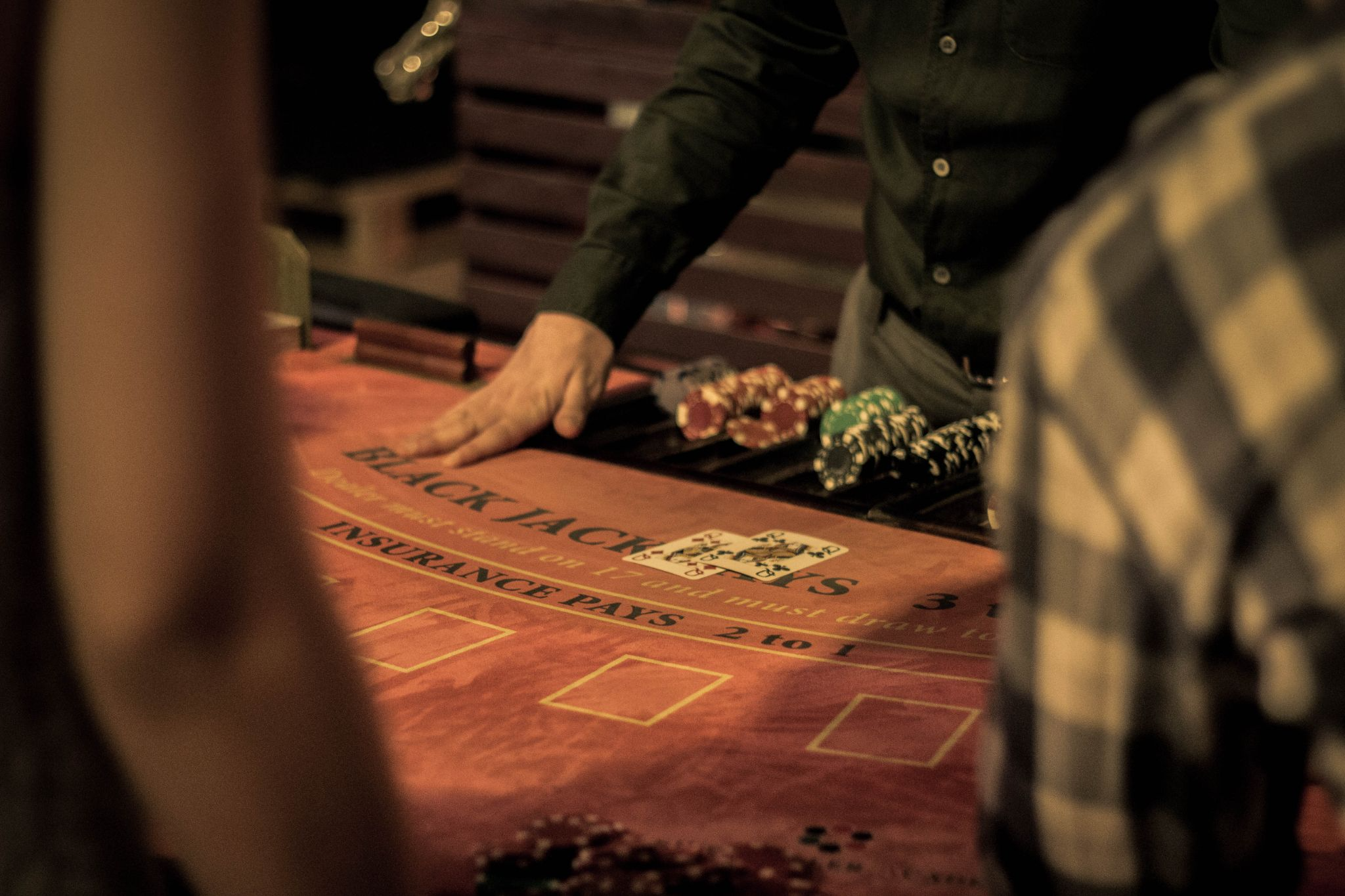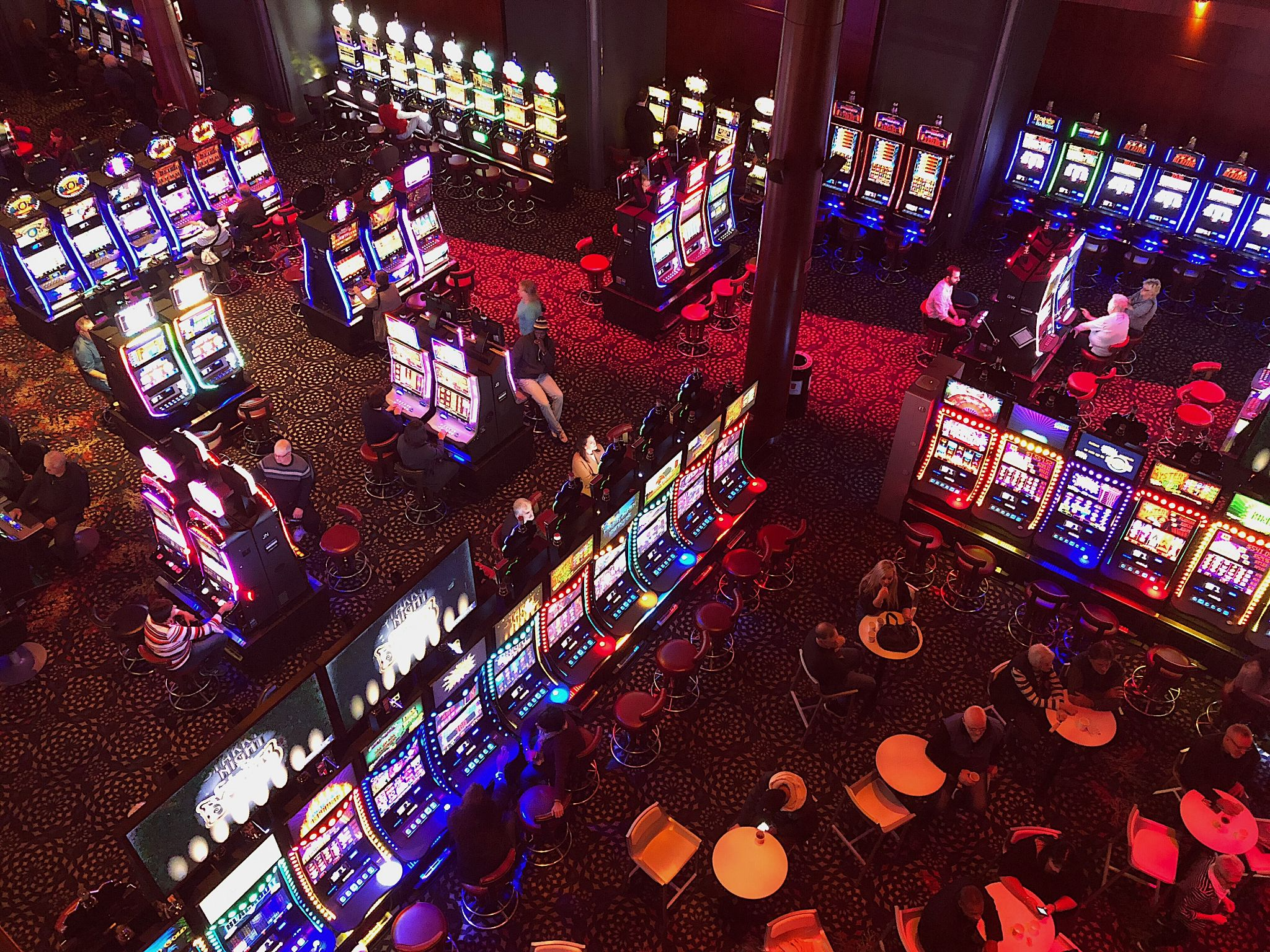Why We Keep Playing, Even When We Lose

Gambling is a fascinating mix of excitement, risk, and chance. It's an activity that draws millions of people around the world in with the promise of thrills and large prizes. However, one curious feature of gambling is why people continue to gamble after persistent losses. We will investigate the psychology behind this phenomena, offering light on the incentives that drive people to gamble despite negative outcomes. Understanding these characteristics allows us to acquire insights into our own behaviour and make better educated decisions when gaming.

Fallacy, Uncertainty and Illusion of Control
The gambler's fallacy is one psychological factor that drives gambling behavior. This fallacy happens when people believe that past gambling outcomes influence future outcomes, assuming that a losing run will eventually end with a victory. This mistaken perception can motivate people to continue gambling in the hope of a change of fortune.
When we place a bet, we are also engaging in an activity with an unknown conclusion. This ambiguity causes our brain to produce dopamine, a chemical associated with pleasure and reward. Even if we lose, the promise of victory produces an exciting surge that keeps us hooked.
Furthermore, the illusion of control plays a key part in our gambling persistence. We often assume that we have more influence on the outcome of a game or bet than we do. This idea provides us a false sense of confidence and pushes us to keep playing in the hope that our talents or methods will eventually lead to a victory.
Escapism and Emotional Appeal
Gambling can provide an escape from everyday stresses and issues for some bettors. The thrill and immersion of gambling might provide brief reprieve from negative emotions or life issues. This type of escapism is especially enticing during times of high stress or emotional turmoil because it provides a distraction and a chance to shift emphasis away from real-life worries.
Furthermore, gambling's emotional roller coaster can be addicting in and of itself. The highs of winning and near-misses produce a rush of happiness, whilst the lows of losing elicit a drive to chase losses and reestablish that positive emotional state. The emotional swings become addicting, resulting in a cycle of expectation, excitement, disappointment, and a compulsive want for the next victory.
Social Factors and Peer Influence
Gambling takes place in social settings such as casinos or online platforms, where people are immersed in the buzz and excitement of other gamblers. The social aspect and the influence of peers contribute to a sense of connection and camaraderie, which might motivate people to keep gambling even when they are losing money. Being in the company of those who are winning, or hearing their stories of gambling triumphs, might reinforce the sense that winning is possible, increasing desire to persevere and try again. The social environment of gambling enhances the urge to pursue success and be a part of the winning stories shared by peers, sustaining engagement and tenacity in the face of disappointments.

In a nutshell, there are several elements that contribute to the attractiveness of gambling, especially in the face of consistent losses, are revealed by gambling psychology. The gambler's fallacy, the illusion of control, escapism, emotional appeal, reinforcement and reward systems, and social variables all contribute to individuals' continued participation in gambling activities. Understanding these psychological incentives can assist individuals in making informed judgments and developing responsible gambling techniques.
It is critical to approach gambling with self-awareness, set limits, and seek help if necessary. Recognizing possible risks, establishing boundaries, and understanding when to seek help are all components of responsible gambling. We can increase the entertainment value of gambling while limiting the negative influence on our well-being by playing in a balanced and attentive manner.
References:
- Griffiths, M., Parke, J., & Wood, R. (2010). Responsible Gambling: A Guide for Professionals.
- Ladouceur, R., & Walker, M. (1996). The Psychology of Gambling.
- Sharpe, L. (2002). The Psychology of Gambling.
- Wood, R. T., & Griffiths, M. D. (2007). A Qualitative Investigation of Problem Gambling as an Escape-Based Coping Strategy. Psychology and Psychotherapy: Theory, Research, and Practice.
Disclaimer: The information provided in this blog post is based on general psychological principles and should not replace professional advice. If you or someone you know is struggling with gambling addiction, please seek help from a qualified professional or a reputable support organization.

